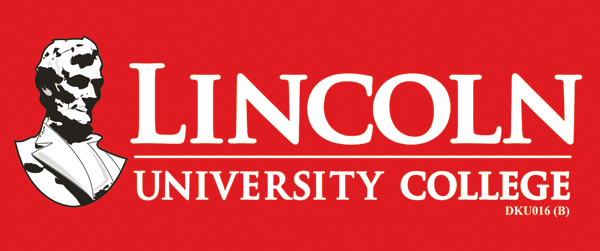PETALING JAYA: Many Malaysians would’ve grown up singing the children’s song “Bangun pagi, gosok gigi”, a guide of sorts on the best way to start their day.
As the song goes, children are taught that upon waking up, they are to brush their teeth, wash their faces, wear their clothes, eat their breakfast, then head to school.
While there is no evidence to suggest that Malaysians have taken the song to heart, a veteran dentist says many people actually make the mistake of starting the day by brushing their teeth before having breakfast, leaving millions of bacteria to thrive in their mouth throughout the day.
In an interview with FMT, Professor Rahimah Abdul Kadir, an academician of over 41 years, spoke on dental health issues caused by our penchant for sugary foods, eating frequently and poor dental hygiene practices.
Bad eating habits and a common misconception
“Malaysians are more prone to cavities and gum disease and this is because of our eating habits.
“For one, a lot of our food is high in sugar and we eat ever so frequently. In other countries, people usually have three meals a day, but Malaysians love to have their teh tarik breaks, pisang goreng and late night suppers.”
Rahimah, who is the founding dean of Lincoln University College’s Faculty of Dentistry, explained that when people eat, the bacteria in their mouths act on the food. Within 20 minutes, this brings down the acid level of mouth fluids including saliva thus increasing the acidity levels in the mouth that subsequently attack the surface of teeth.
She added that food often also got lodged in the pockets between the teeth and gums and the longer it remained stuck, the more plaque and toxins would build up. Over time, these harden into tartar, which results in inflamed gums.
“That’s why we should brush after every meal. The problem is that many people wake up in the morning and brush their teeth because they are uncomfortable with bad breath.
“So many people start off brushing their teeth, then having their breakfast and heading out.”
Rahimah said that ideally, people should brush their teeth before and after breakfast although she was sure many would see this as impractical.
The better option she said, was to start the morning by rinsing their mouths with tap water and only brush their teeth and rinse their mouths with mouthwash after breakfast.
“When we rinse our mouth with water, we are expelling bacteria, leftover food, and dead tissue cells so we should rinse our mouth especially after each meal or every few hours throughout the day.”
Avoid using mouthwash too liberally
Rahimah said when rinsing, tap water sufficed and that people should resist the urge to use mouthwash every time they rinsed their mouth.
“The tap water in our country has been treated so its good enough to be used for rinsing. Maybe in lesser developed countries it could be harmful but still if you have any concerns, you can boil the water first.
“There are people who keep a bottle of mouthwash in the office to rinse their mouth, but we shouldn’t use mouthwash more than twice a day.”
Rahimah said although the benefits of mouthwash were well documented, overdoing it could make the mouth dry. She explained that this in turn would make the soft tissue on the inside of the mouth more prone to tears which could develop into ulcers.
“When our mouth is dry, we are also more susceptible to developing new tooth cavities.”
Listen up young people
Rahimah said it was worrying that gum disease was still prevalent among the young when it could be avoided with proper dental hygiene practices.
“The problem is that many people don’t even brush their teeth correctly. They tend to just scrub the teeth and neglect the pockets between the teeth and gums.
“The key is to brush in an outward and upward motion, with the brush between the gums and the teeth. To this end, investing in an electric toothbrush is a good idea, because when you use an electric toothbrush, you are cleaning one tooth at a time, so it’s much cleaner.”
Rahimah said young people should observe proper dental hygiene practices as failure to do so could lead to problems later on in life.
“It’s costly to treat dental problems. A lot of the equipment and medicines used are imported because we don’t produce them locally.
“Good dental hygiene is common knowledge, but many young people just don’t want to practise it and continue to eat foods high in sugar,” she said.
Lincoln University College was established in 2002, and offers over 80 certificate, foundation, diploma, degree, master and doctorate courses covering 12 faculties including medicine, engineering, business and accounting, hospitality management, computing and networking, dentistry, pharmacy, nursing and social sciences, as well as psychology and the humanities.

